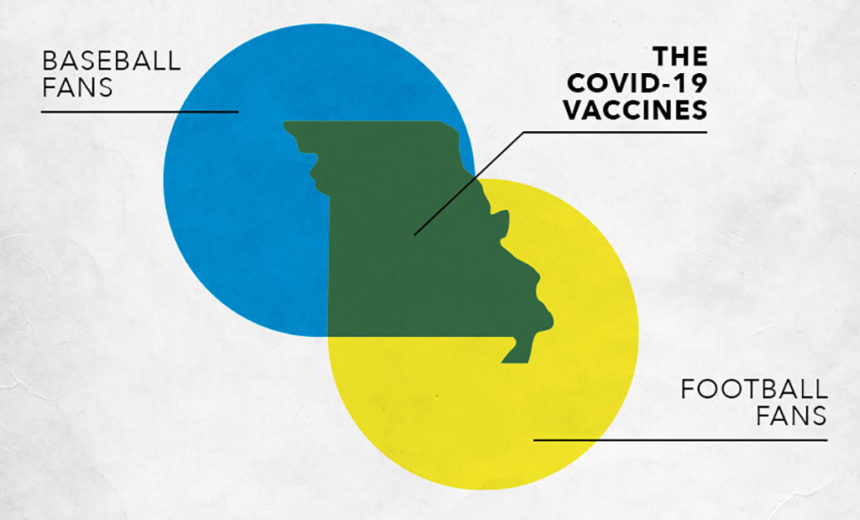Like Memphis barbeque? Prefer Nashville hot chicken?
People in Tennessee may have differences when it comes to their favorite style of meat, but the common denominator is that we all want to be able to safely enjoy meals together. And the way to do that is by getting vaccinated against COVID-19.
That’s the message that nonprofit Ad Council and Known, a marketing agency, are playing up with their vaccine education campaign, It’s Up To You.
The initiative is focused on states with low vaccination rates, including Arkansas, Florida, Louisiana, Missouri, Mississippi and Nevada and features ads tailored to those markets.
“With all of the differences that we have, whether it be Texas barbeque or Nashville hot chicken, we have one thing in common, which is the moments we don’t want to miss, and the vaccine is the thing that can help us get there,” said Jody Friedericks, SVP of brand creative at Known, which has offices in Austin, Texas; Boston; Los Angeles; New York; San Francisco; and Seattle.
The campaign, which launched on November 23, comes as 40% of the population in the U.S. has not been vaccinated against the virus, according to the Centers for Disease Control and Prevention. In Arkansas, Louisiana and Mississippi, less than half the population has been fully vaccinated.
The advertisements turn a Venn diagram into “vax diagrams” with two circles atop the shape of the state. Each circle is then labeled with an activity that some residents may be more into than others.
For example, for Louisiana, the advertisement features one circle for those who prefer Mardi Gras and another for those who would rather be at a football game.
“Let’s meet in the middle,” the ad reads. “Get the latest facts, Louisiana.”
The ads then direct people to visit GetCaccineAnswers.org
In Tennessee, another divide is between those who prefer Dolly Parton karaoke and those who would rather sing Kenny Rogers. In Texas, some people prefer bull riding; others prefer two stepping.
In contrast to previous vaccination creative focused on states that outlined state messaging, “this brought a further level of localization to the things that people love in those states, and it had a little more fun and cleverness,” said Friedericks.
The company declined to share how much money was invested in the campaign and did not yet have data on its impact.
This story originally appeared on PRWeek US.








